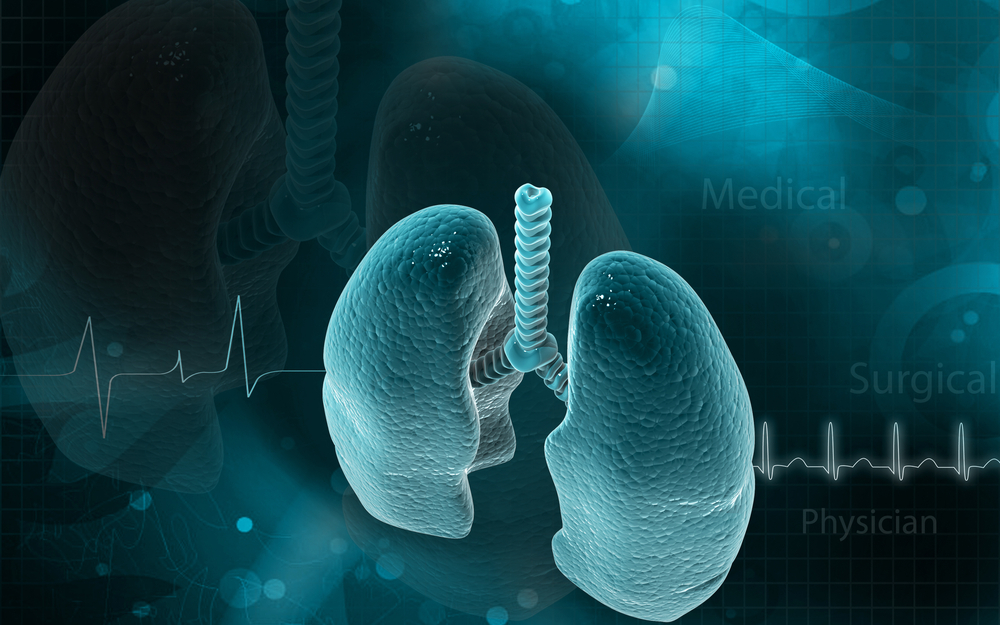Celtaxsys Begins US Clinical Trial to Test Acebilustat Drug Efficacy in CF Patients
Written by |

Celtaxsys, a pharmaceutical company focused on novel therapeutics to treat inflammatory diseases, announced that it is beginning enrollment of patients for a phase 2 clinical trial to test the efficacy of acebilustat in patients with cystic fibrosis (CF). The study will be conducted in the United States and European Union involving in total approximately 60 locations.
The trial marks a potential breakthrough in CF therapies, since acebilustat may become the first anti-inflammatory treatment specifically preventing the loss of lung function in CF patients. The disease is caused by mutations in the Cftr gene (cystic fibrosis transmembrane conductance regulator gene) and is characterized by accumulation of thick mucus, particularly in lungs and gastrointestinal organs, leading to recurrent infections that culminate in difficulty in breathing and escalate to life-threatening symptoms, as pulmonary failure.
Acebilustat is administered as a daily-oral dose of 50 mg and 100 mg for a period of over 48 weeks and compared to placebo control group. The drug acts by blocking the production of an inflammatory factor — the Leukotriene B4 (LTB4) — that activates inflammatory responses in a group of immune cells called white blood cells (or leukocytes), including neutrophils, macrophages and monocytes. LTB4 also serves as potent attractant signal to recruit inflammatory cells.
A particularly important point in the design of the small-molecule acebilustat is that it was engineered to specifically target the enzyme LTA4H (short for leukotriene A4 hydrolase), a crucial player in the synthesis of LTB4. Therefore, acebilustat has a specific action and does not affect other cells in the body or related enzymes.
Acebilustat received orphan drug status for the treatment of CF in the US and the EU. In previous clinical trials, acebilustat reduced inflammatory responses in CF patients — researchers discovered a 65% reduction on neutrophils burden in patients’ lungs and in neutrophil-related damages to lung tissue. Results were obtained with only two weeks of treatment. Of note, acebilustat efficacy is independent on the type of mutations CF patients carry in their Cftr gene and can be administered on top of other therapies, including Kalydeco and Orkambi.
Dr. Stephen Rowe MD MSPH, Professor at the University of Alabama Birmingham School of Medicine, Director of the Cystic Fibrosis Transition Clinic, and Director of the CFFT Development Network Center for CFTR Detection and supervisor of the US clinical trial branch commented, “CF patients are in desperate need of efficacious and safe anti-inflammatory therapies to control progressive lung disease. Evaluation of the long term effects of acebilustat is a very important step in that direction, given the favorable Phase 1b results in CF patients.”






